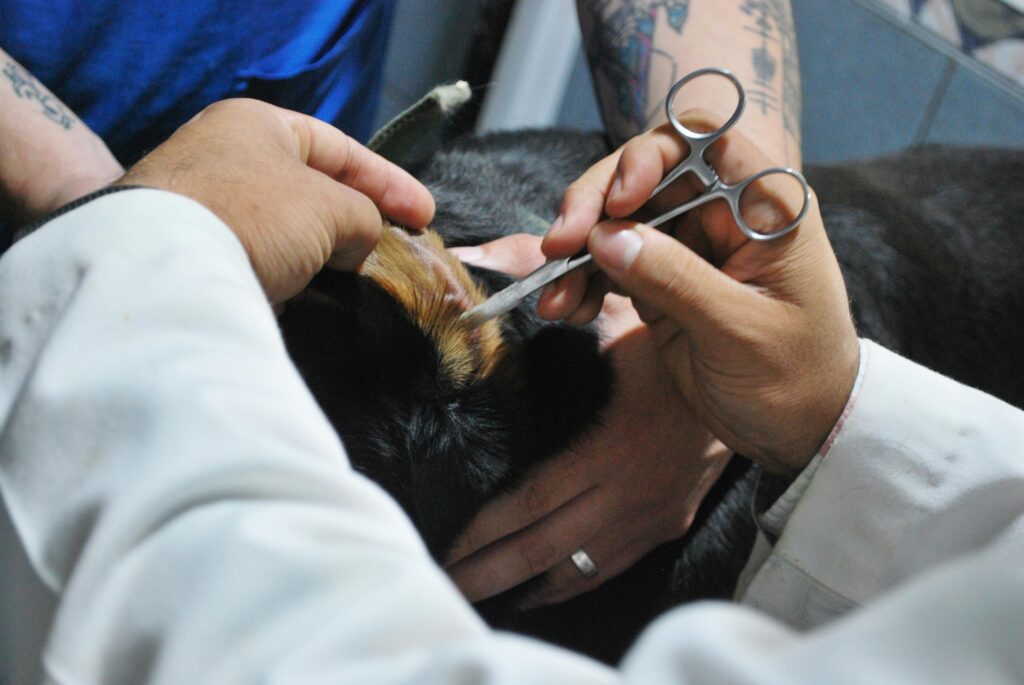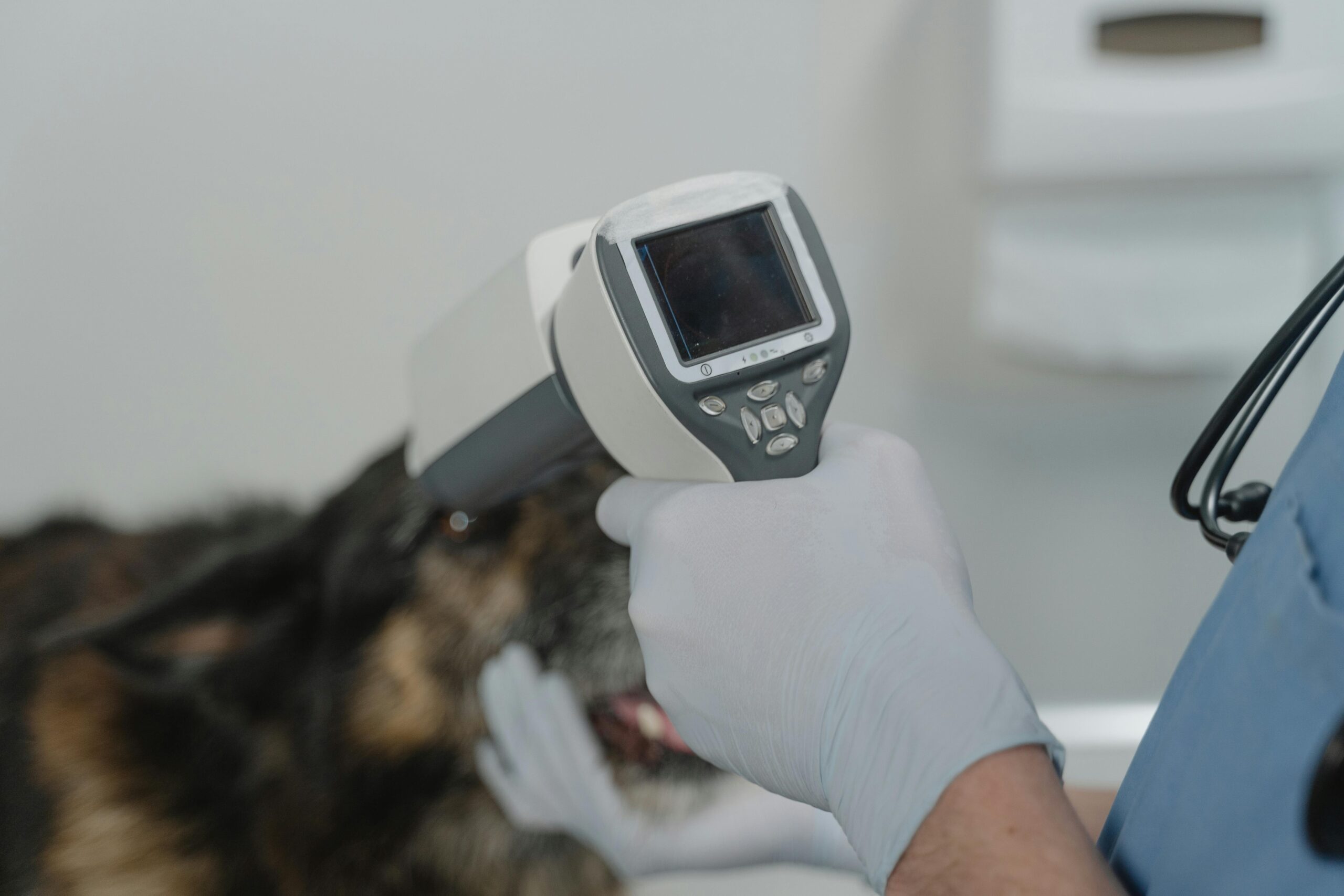Keeping your pet healthy is a top priority for every pet owner. Common pet diseases and prevention should be well understood to ensure your furry friend lives a long and happy life. This guide will cover the most frequently occurring pet illnesses, their symptoms, and effective ways to prevent them.
Table of Contents

1. Why Pet Health Matters
A well-cared-for pet is a happy pet. Understanding common pet diseases and prevention helps pet owners take proactive measures to protect their pets. Early detection and preventive care can reduce the risk of severe health issues and costly veterinary treatments.
2. Common Pet Diseases and Their Causes
Pets can suffer from various diseases, some of which are preventable with proper care. The most common pet diseases include:
- Canine Parvovirus – A highly contagious virus affecting puppies and unvaccinated dogs.
- Feline Leukemia Virus (FeLV) – A viral infection in cats that weakens their immune system.
- Kennel Cough – A respiratory illness common in dogs that frequently interact with other pets.
- Diabetes in Pets – Affects dogs and cats, often linked to obesity and poor diet.
- Arthritis – A degenerative joint disease that impacts older pets.
3. Preventing Infectious Diseases in Pets
Vaccination and proper hygiene are key to common pet diseases and prevention. Here are ways to prevent infectious diseases:
- Keep your pet up-to-date on vaccinations.
- Avoid exposing your pet to sick animals.
- Maintain a clean environment, including bedding and feeding areas.
- Schedule routine vet visits to monitor your pet’s health.
4. Common Skin Conditions in Pets
Skin conditions can cause discomfort and indicate underlying health problems. The most common pet diseases affecting the skin include:
- Flea Allergy Dermatitis (FAD) – A reaction to flea bites leading to excessive itching and redness.
- Ringworm – A fungal infection that spreads through direct contact.
- Mange – Caused by mites, leading to hair loss and skin irritation.
Prevention Tips:
- Use flea and tick prevention treatments.
- Bathe and groom your pet regularly.
- Keep your home clean to minimize allergens.
5. Respiratory Diseases in Pets
Respiratory illnesses can be serious if not treated promptly. Common pet diseases affecting the respiratory system include:
- Feline Upper Respiratory Infection (URI) – A viral or bacterial infection that causes sneezing, coughing, and nasal discharge in cats.
- Canine Influenza – A highly contagious flu virus affecting dogs.
- Pneumonia – Can occur due to bacterial or viral infections.
Prevention:
- Keep your pet’s vaccinations updated.
- Limit exposure to infected animals.
- Ensure proper ventilation and hygiene in your home.
6. Gastrointestinal Issues and Prevention
Digestive problems can be caused by infections, poor diet, or parasites. Some common gastrointestinal issues include:
- Vomiting and Diarrhea – Often caused by food intolerance, infections, or parasites.
- Pancreatitis – Inflammation of the pancreas due to high-fat diets.
- Constipation – Can result from dehydration or lack of fiber.
Prevention:
- Feed your pet a balanced diet.
- Avoid giving them table scraps or unhealthy treats.
- Ensure they stay hydrated at all times.
7. Parasites and How to Protect Your Pet
External and internal parasites can severely impact your pet’s health. Common parasites include:
- Fleas and Ticks – Cause skin irritation and can transmit diseases.
- Heartworms – Spread through mosquito bites and can be fatal if untreated.
- Intestinal Worms (Roundworms, Hookworms, Tapeworms) – Affect digestion and overall health.
Prevention:
- Use monthly flea, tick, and heartworm preventatives.
- Keep your yard and home clean.
- Regularly deworm your pet under veterinary guidance.
8. Dental Diseases in Pets
Dental health is crucial for overall well-being. Some common dental diseases include:
- Periodontal Disease – Infection of the gums due to plaque buildup.
- Tooth Decay – Can cause pain and difficulty eating.
- Gingivitis – Inflammation of the gums leading to bad breath and discomfort.
Prevention:
- Brush your pet’s teeth regularly.
- Provide dental treats and chew toys.
- Schedule professional cleanings as needed.
9. Best Practices for Pet Disease Prevention
To minimize the risk of common pet diseases, follow these best practices:
- Ensure a nutritious diet for a strong immune system.
- Maintain proper grooming to prevent skin issues.
- Provide regular exercise to keep your pet fit.
- Schedule routine vet check-ups for early disease detection.
- Keep your pet’s vaccinations up to date.
Understanding common pet diseases and prevention is key to keeping your pet healthy. By following proper preventive care, vaccinations, and maintaining hygiene, you can help your pet lead a happy and disease-free life. Always consult a veterinarian for personalized guidance on your pet’s health.




